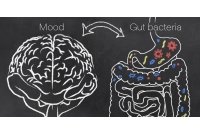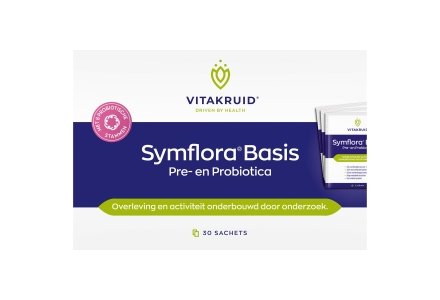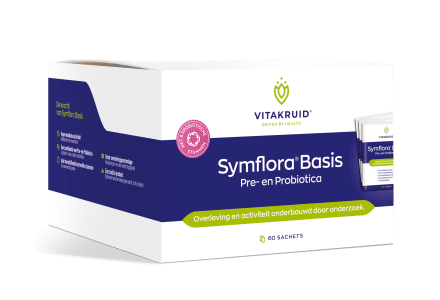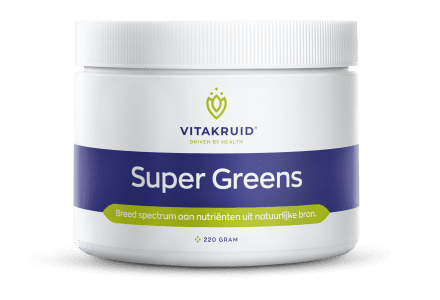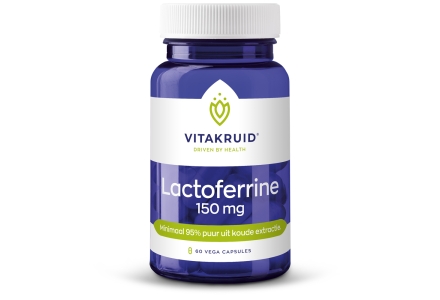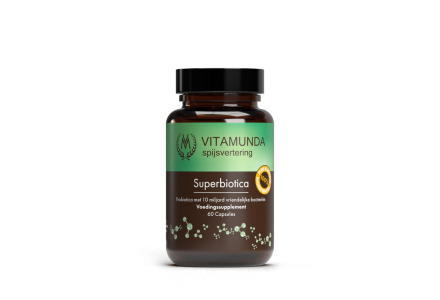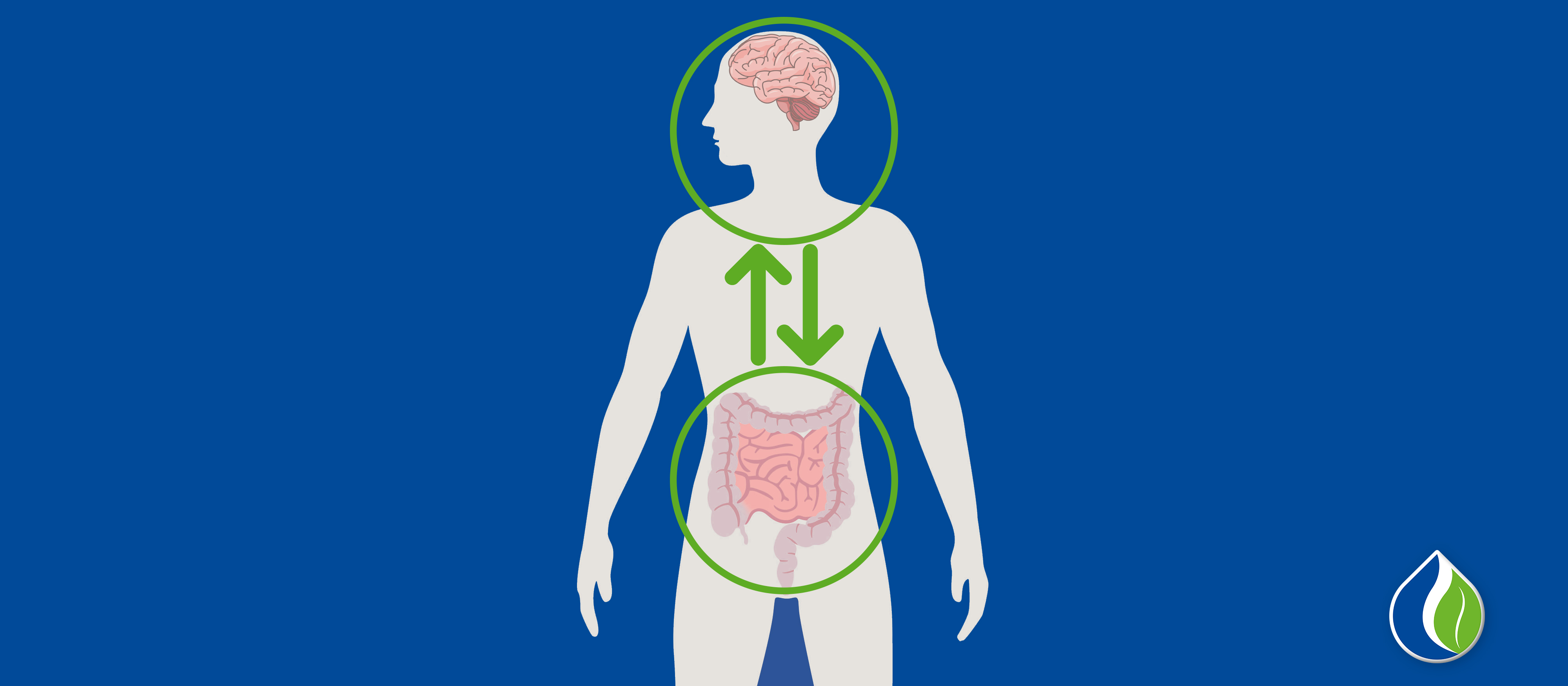
In the medical world, the relationship between the gut and the brain is central to research and debate. What was once considered a simple digestive organ is now recognised as a complex system closely linked to our brain. This connection is increasingly well understood, and its importance extends to many aspects of our well-being, from physical health to mental stability. This exciting development in medical science has given birth to the term "the second brain" for the gut.
Discovery of the brain-gut axis
The discovery of the brain-gut axis is one of the most intriguing breakthroughs in neuroscience in recent decades. The idea that the gut can communicate with the brain has dramatically changed the understanding of neurological disorders and overall health.
How the gut communicates with the brain
Communication between the gut and the brain takes place through a complex network of nerves, hormones and neurotransmitters. The enteric nervous system, located in the intestinal wall, plays a crucial role in transmitting signals to the brain. Moreover, the gut produces a range of bioactive substances that have a direct impact on mood and cognitive functioning.
Microbiota: the inhabitants of our intestines
An essential part of the gut is the microbiome, a complex ecosystem of microorganisms that live in the intestines. These bacteria and other microorganisms play a crucial role in maintaining gut health and regulating various biological processes, including the immune system and metabolism.
The effect of nutrition on the brain-gut axis
The relationship between nutrition and the brain-gut axis has been shown to be crucial. Different nutrients can affect the composition of the gut microbiome, which in turn can affect neurochemistry and cognitive function. It has become clear that a balanced diet is important not only for physical health, but also for mental health.
Irritable bowel syndrome
A condition closely related to the brain-gut axis is irritable bowel syndrome (PDS). This condition causes abdominal pain, cramps, bloating and bowel movements. Although the exact causes are not yet fully known, it is believed that disruptions in communication between the gut and the brain play a role.
Probiotics and prebiotics: friends of a healthy gut
One way to promote gut health is through the use of probiotics and prebiotics. Probiotics are live microorganisms beneficial to host health, while prebiotics are nutrients that stimulate the growth of beneficial bacteria in the gut. The two can work together to improve the balance of the gut microbiota to support overall health.
Additionally, you can also support the gut wall with Glutamine and Glucosamine, but a diet with as many organic fruits and vegetables as possible and as little refined food, gluten, sugars and alcohol as possible is essential for healthy gut. Reduce stress (next blog topic) and exercise at least 30 minutes every day.
Meditech Europe is a company dedicated to promoting gut health and well-being of individuals. With a range of high-quality products and expertise in gut health, Meditech Europe advises and supports individuals in achieving a healthy balance in their gut flora. For more information, please contact us by email at info@meditecheurope.nl or by phone at +31527 292 331.
The gut as the "second brain" opens new perspectives in medical science, offering a holistic approach to health that encompasses both the body and the mind. Through a deeper understanding of the brain-gut axis, we can achieve a better quality of life through informed diet and lifestyle choices.
